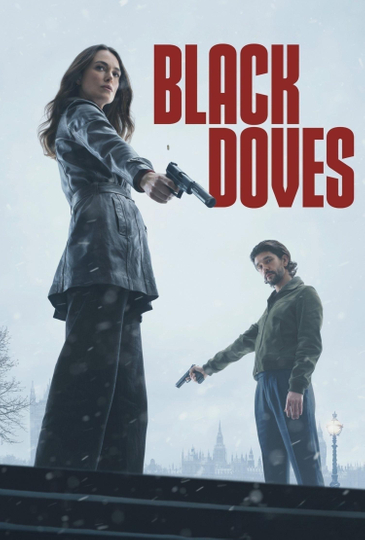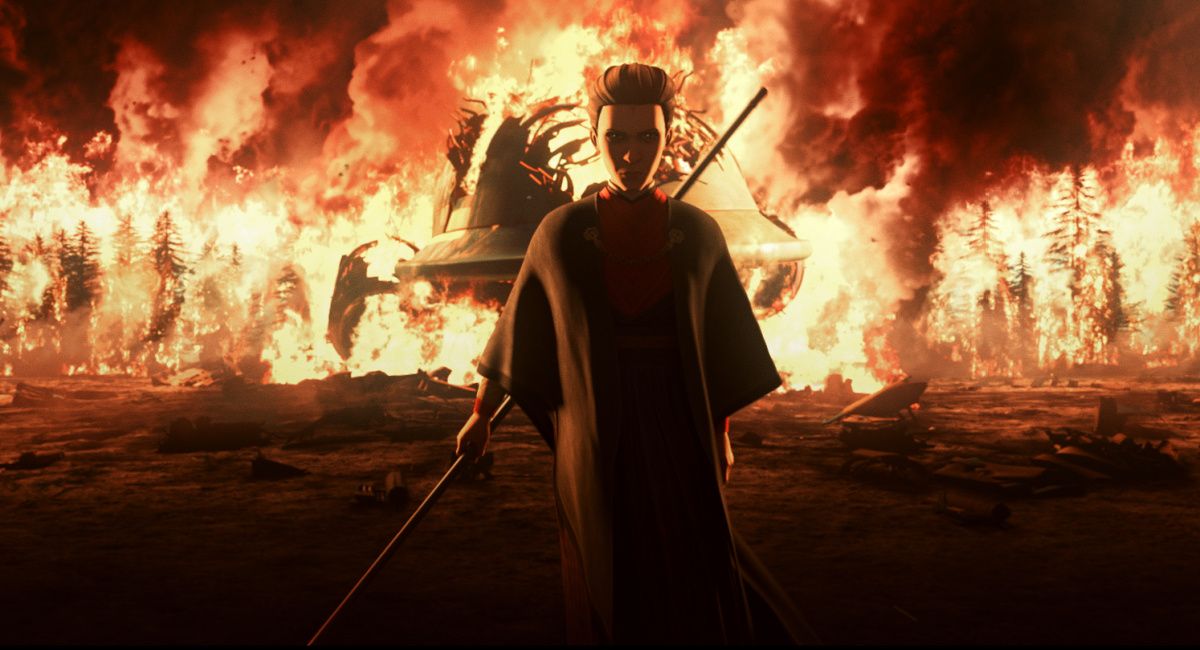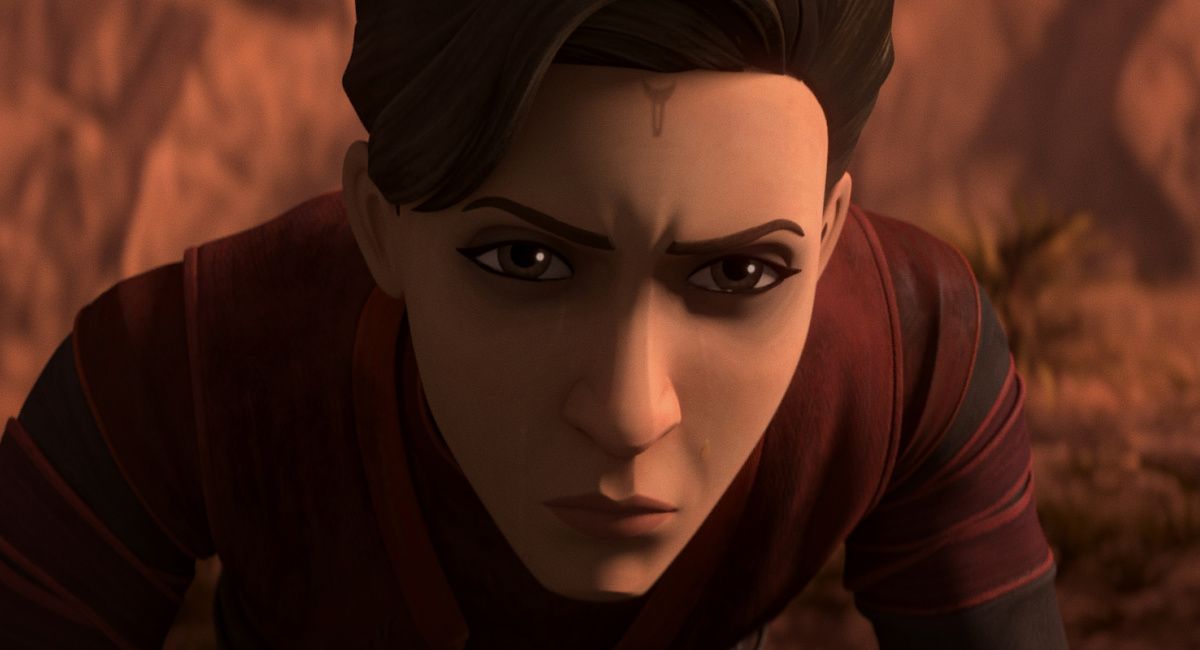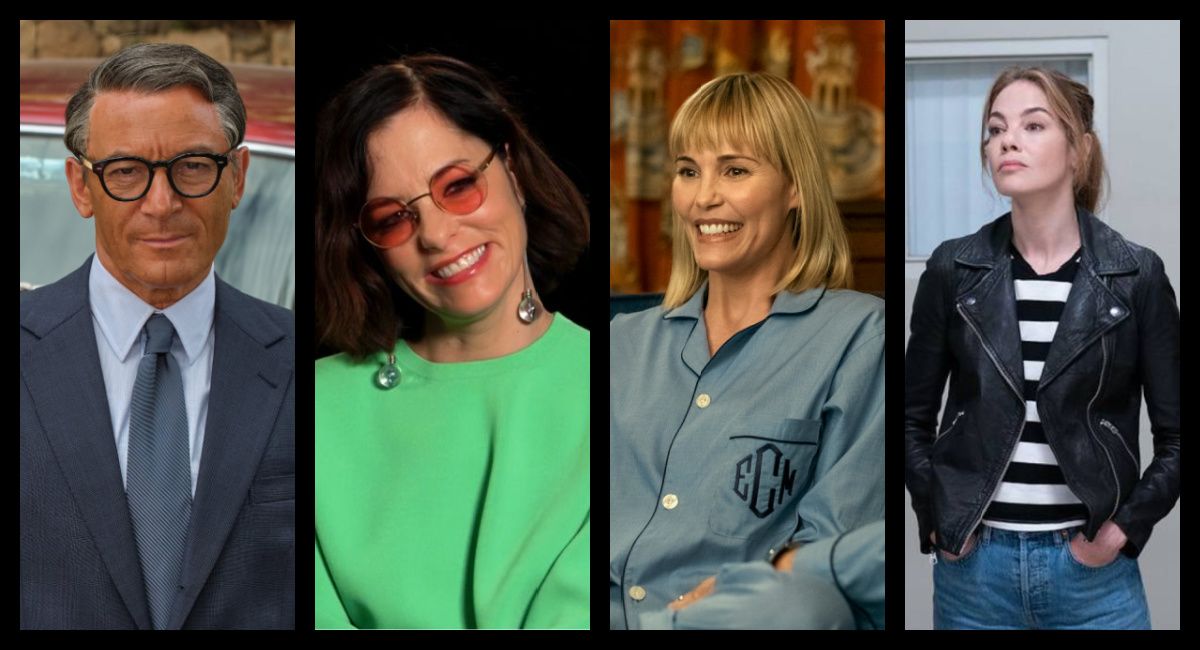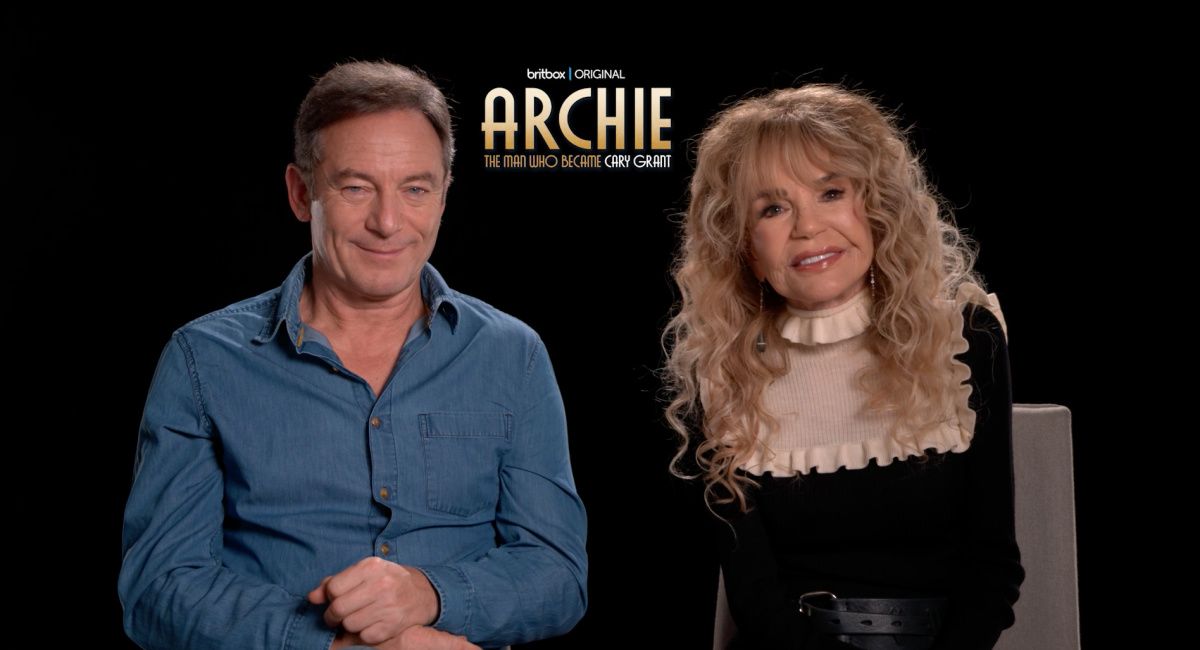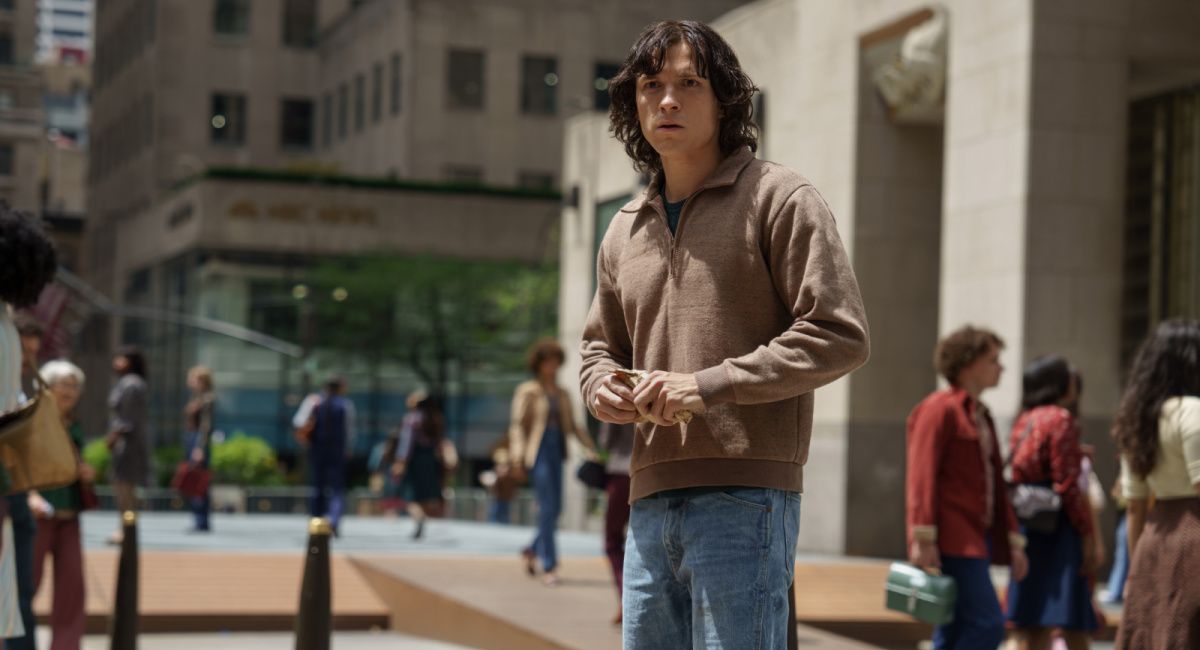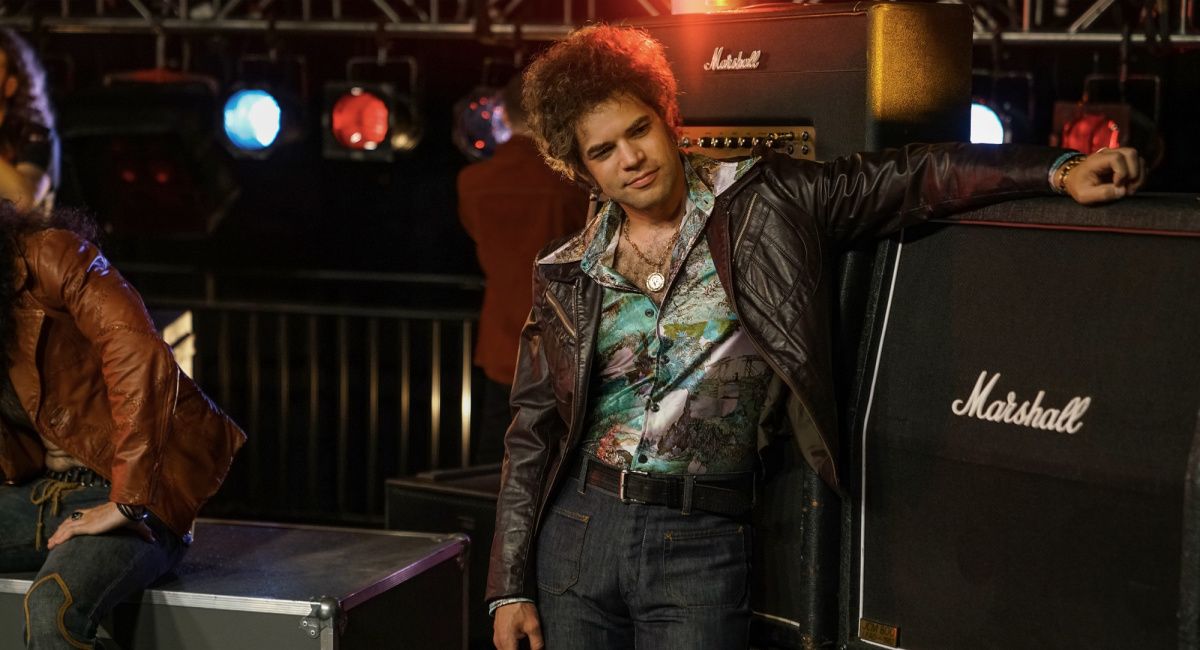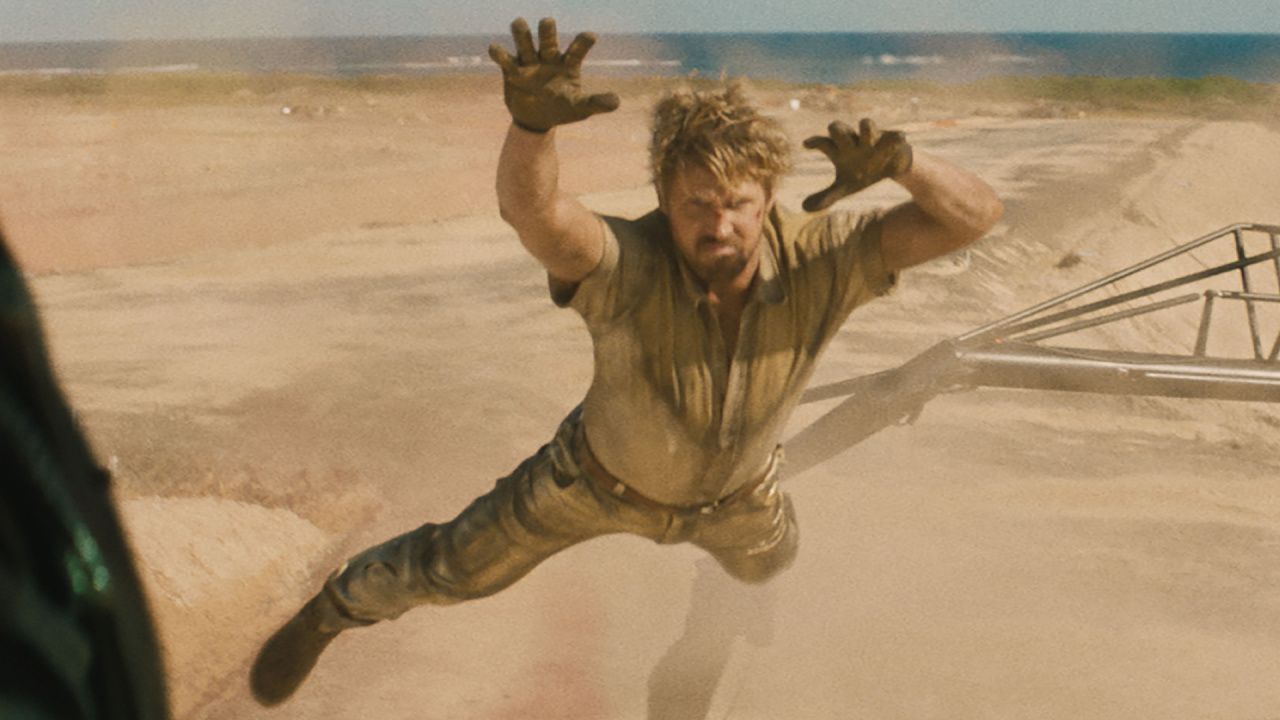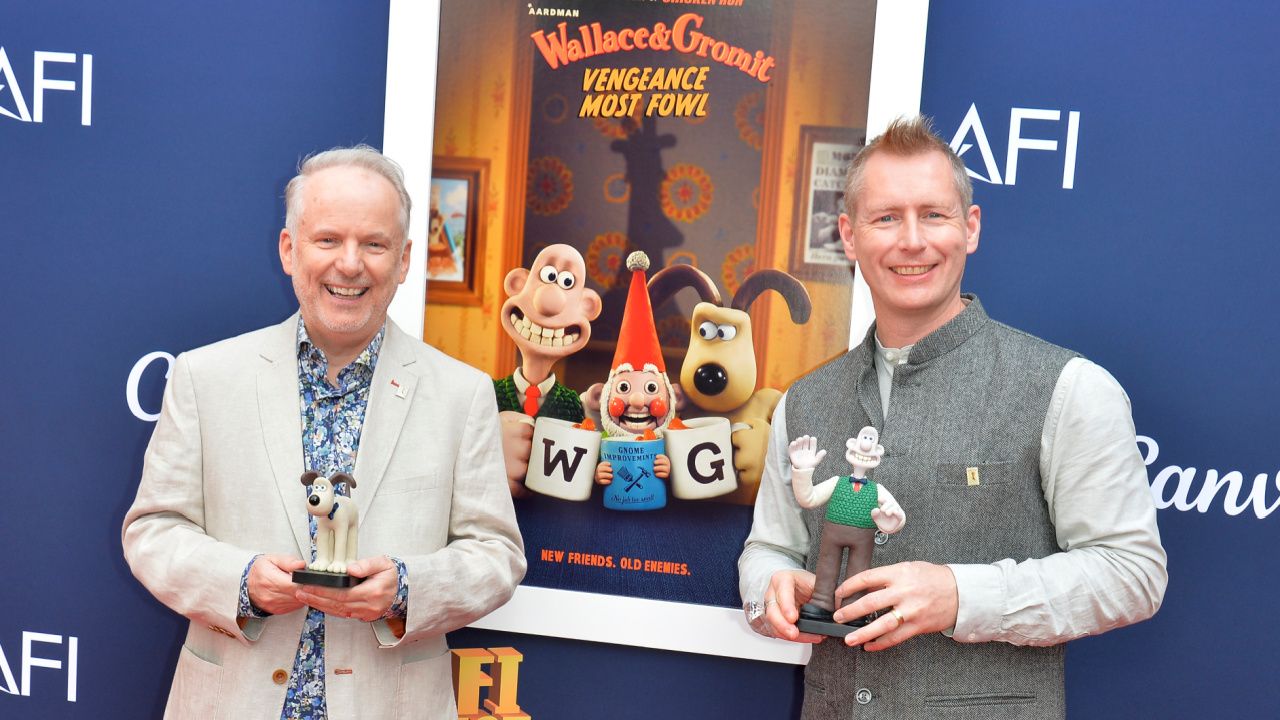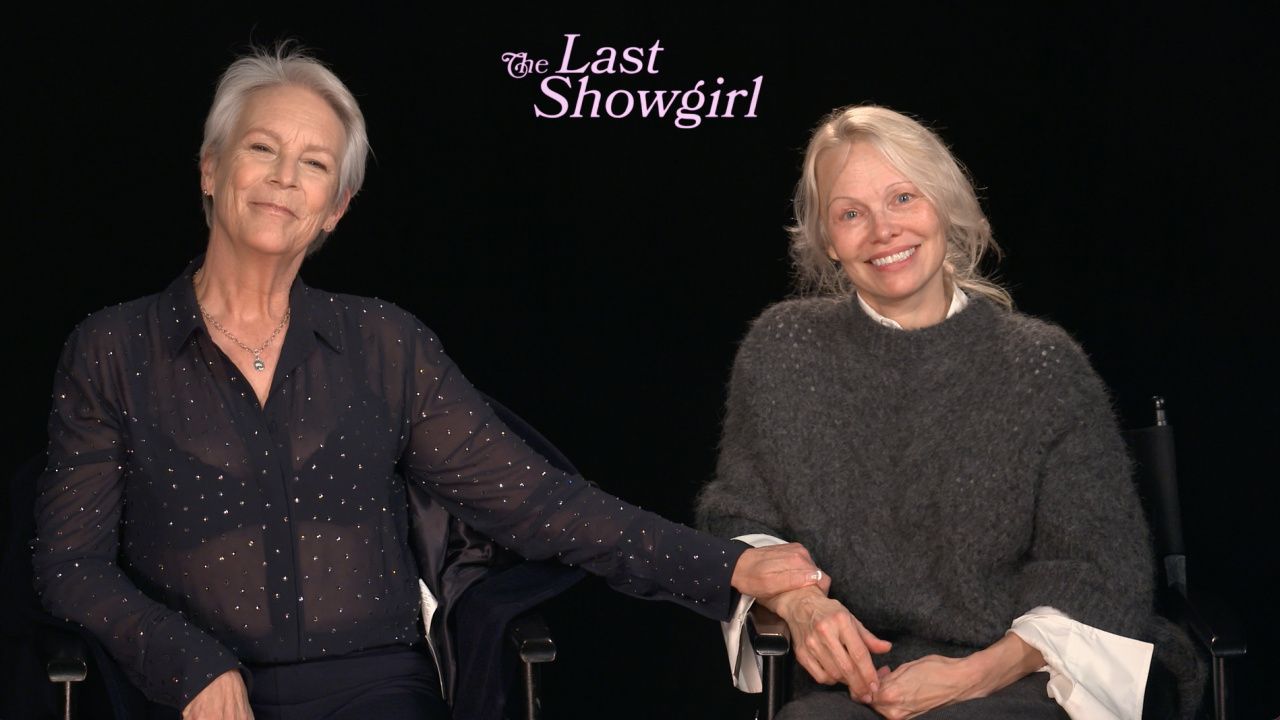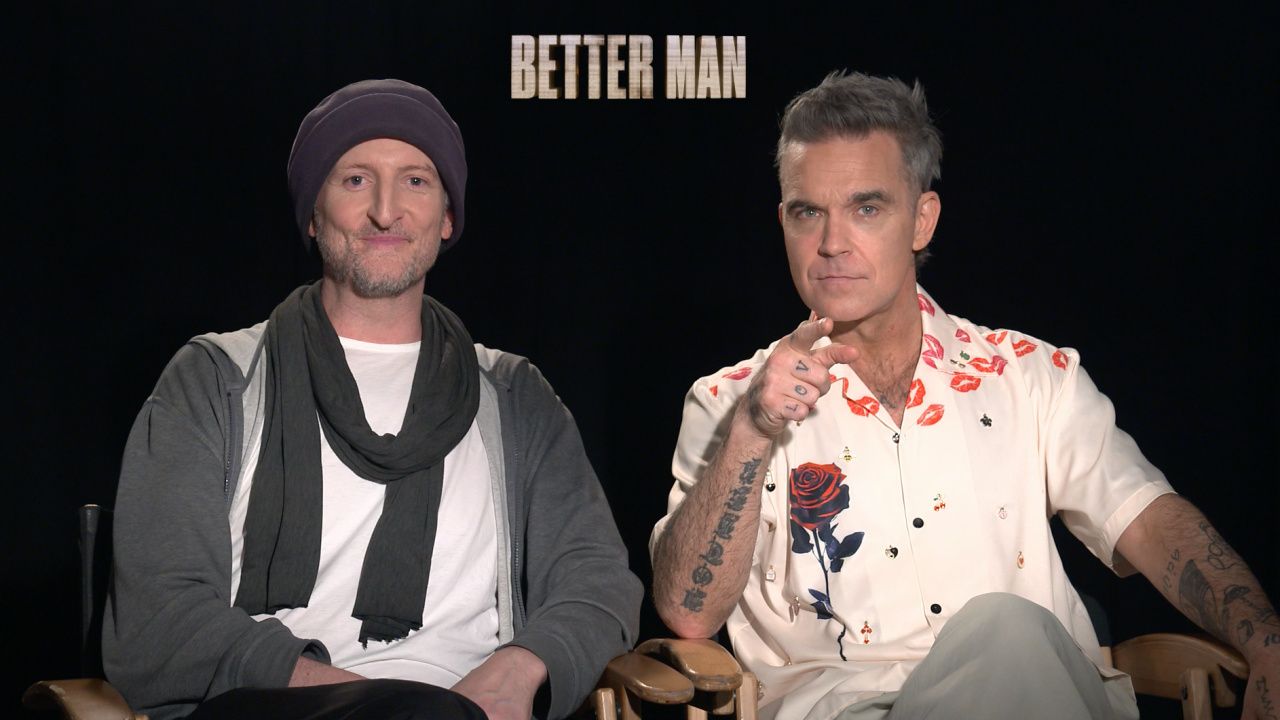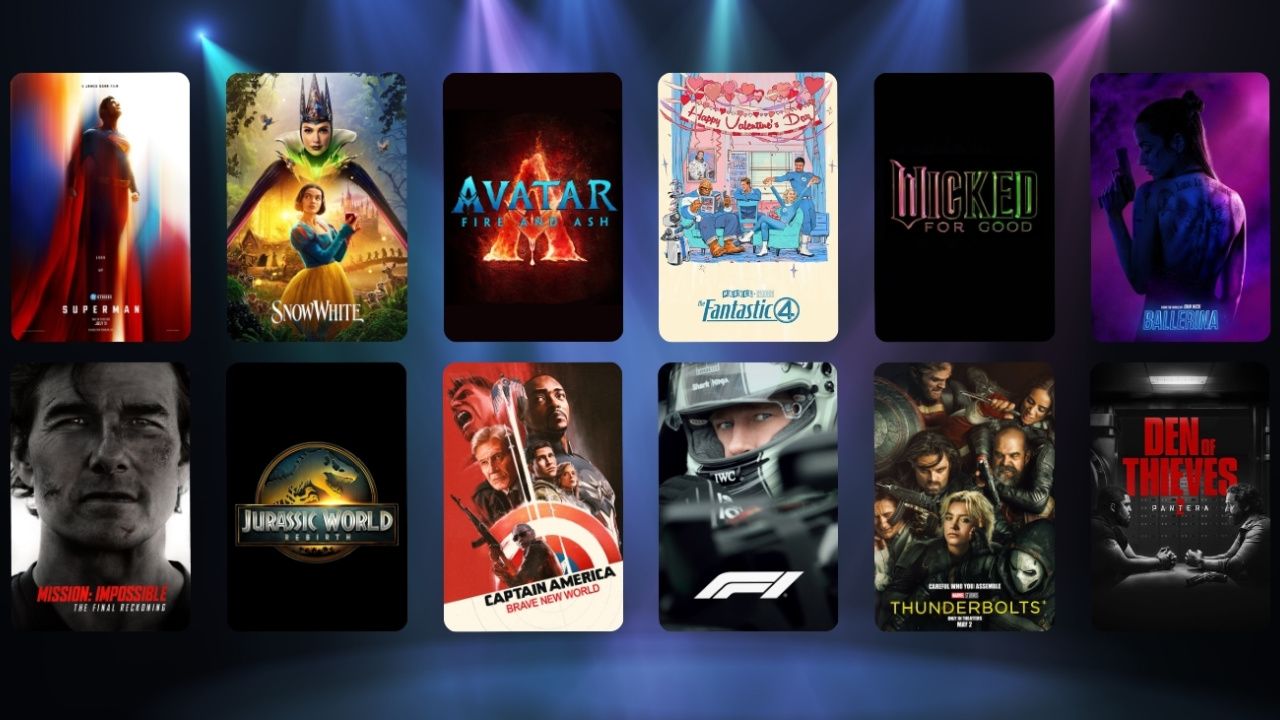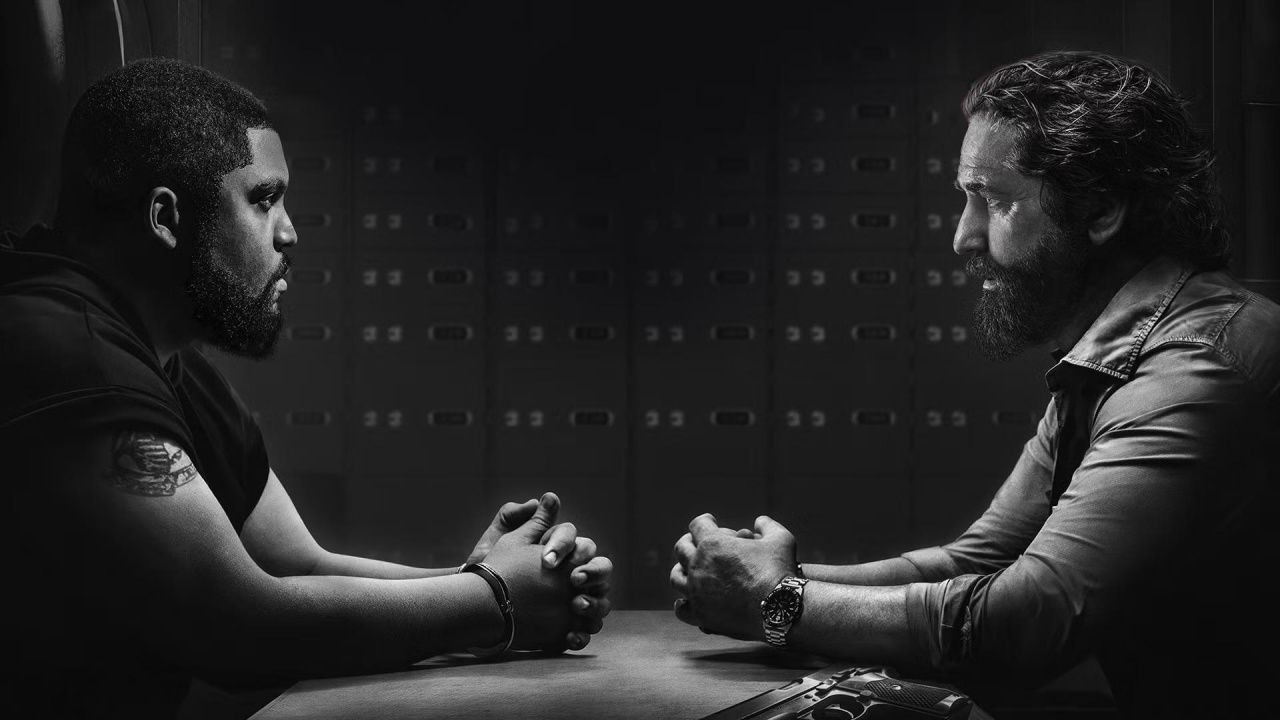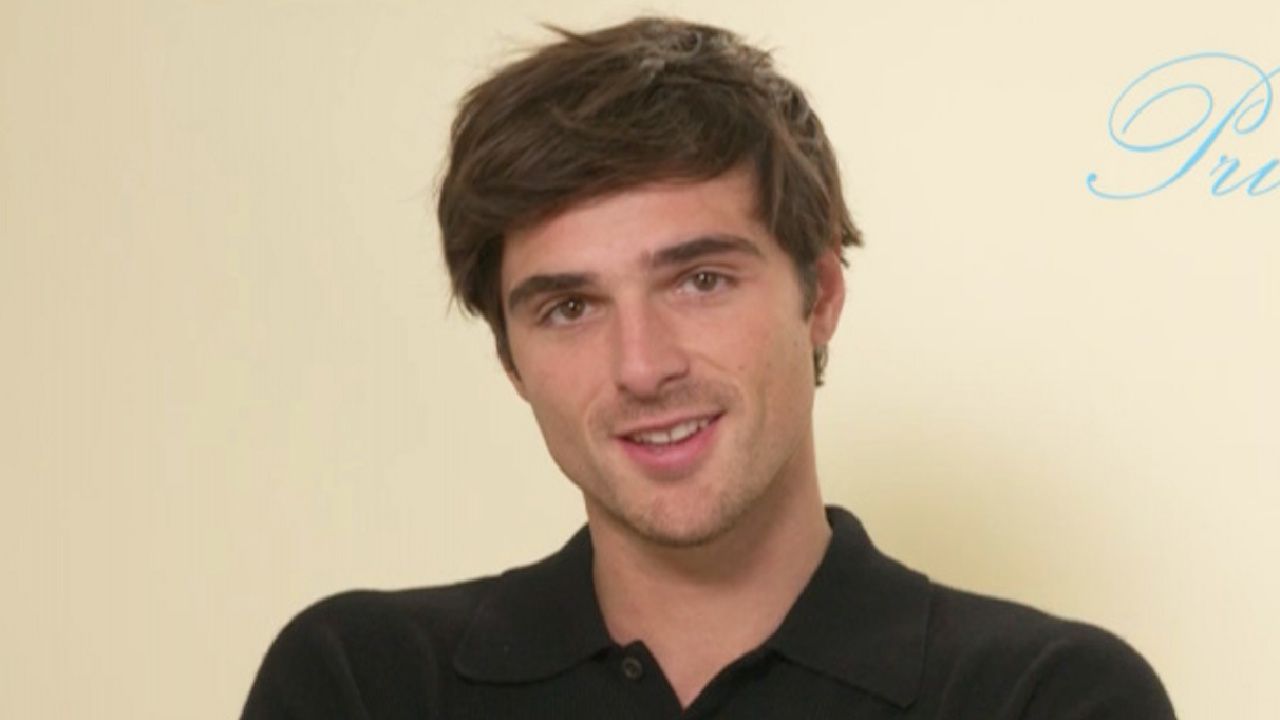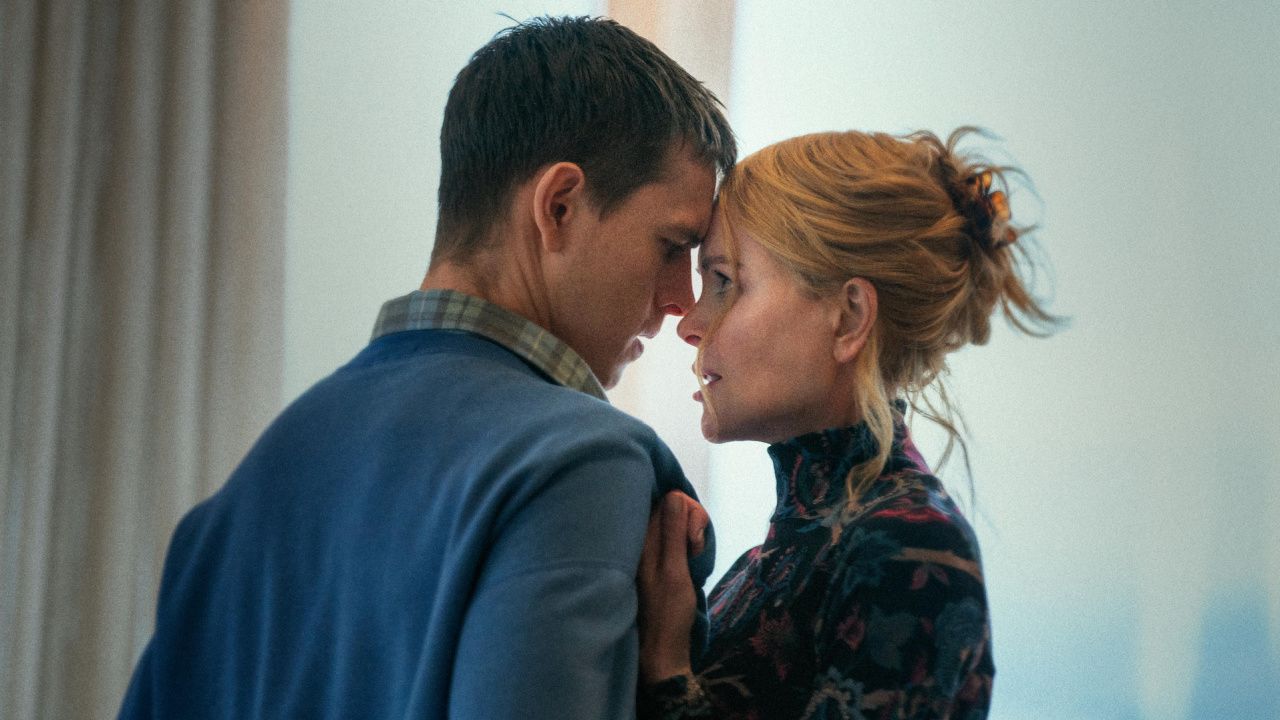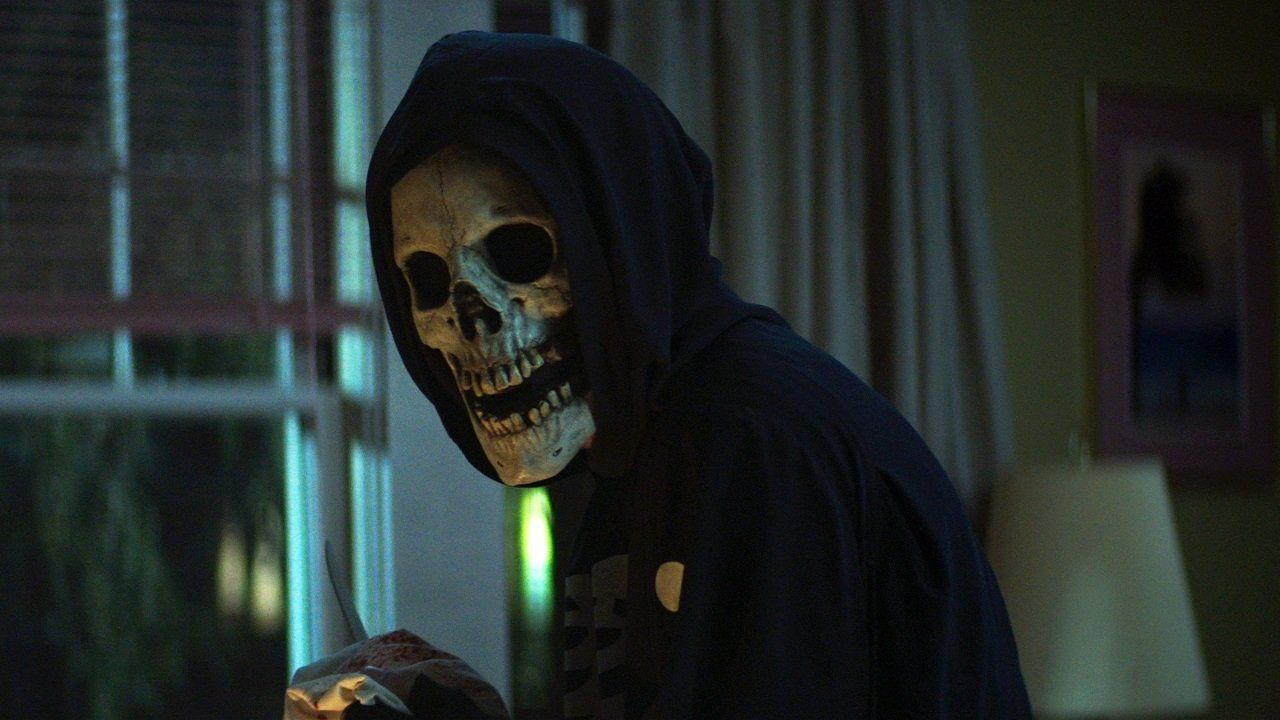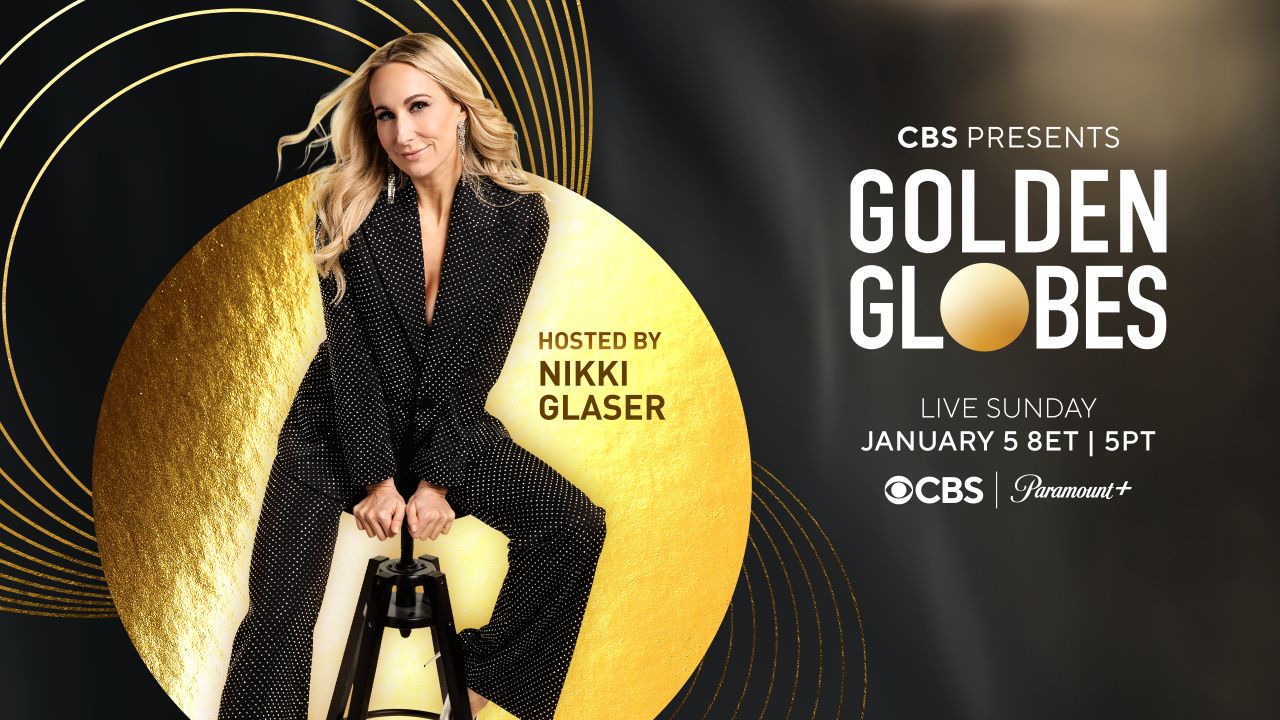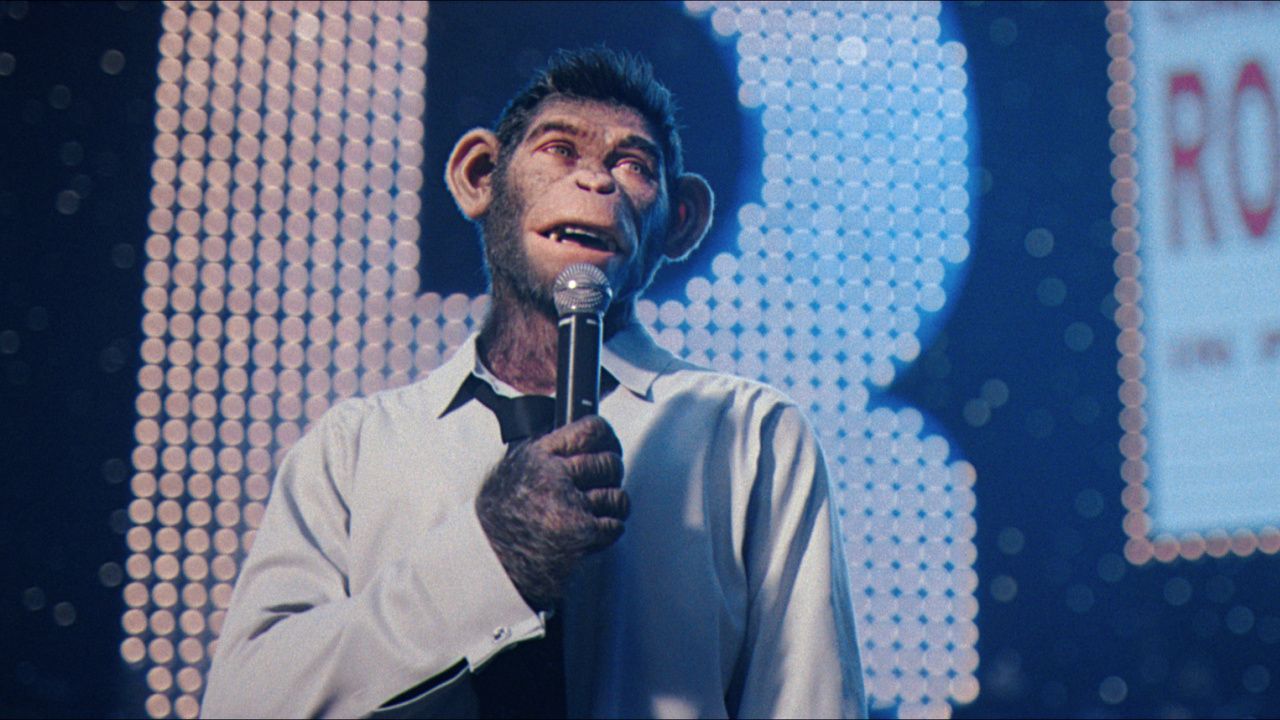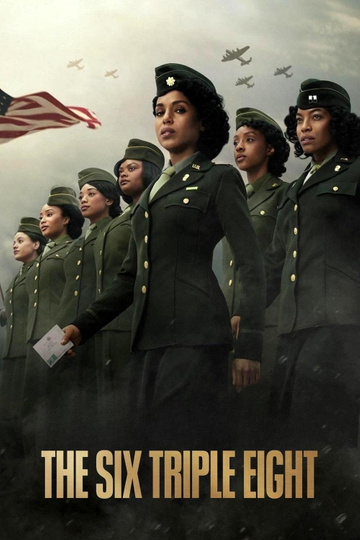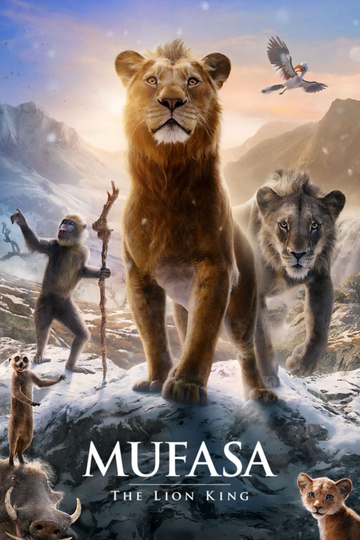'Star Trek: Discovery's' Jason Isaacs Says Similarities to Other Captains Ends With "Fire Phasers'
Star Wars Rebels" and "The OA," where he's specialized in playing bad guys (or at least morally complicated ones). At last, though, Isaacs's next foray into the realm of the fantastic finally appears to place him firmly on the side of the righteous, playing a Starfleet captain in "Star Trek: Discovery."
However, when we meet Discovery's Capt. Gabriel Lorca in the new "Trek" series (set roughly ten years prior to the original 1966 sci-fi series) he'll be commanding a starship during a wartime, so it's very possible he might not always be able to act as morally upright as some of the franchise's more iconic ship captains, possibly warp speeding into grayer areas of conduct.
Isaacs assures Moviefone that the while the new series shares many of the "Trek" series' classic trappings, expect the similarities to end there. "This is a 21st century 'Star Trek,'" he promises. "It's 'Star Trek' not as we know it."
Moviefone: What's it like to sit in the captain's chair?
Jason Isaacs: I don't sit in the chair very much. I try and get out of the chair and walk around, for two reasons: one is, all the other captains sat there; two is the poor directors have got these exciting action-packed scenes where nobody moves. I feel for them, so I get up and run. I stand in front of the screen. I conduct the action like the spaceships are an orchestra and the torpedo are my violins. And I run to the different stations and talk to them.
Have you talked to any of the franchise's other captains?
I've worked with Jonathan Frakes, who just directed, who was hilariously irreverent but actually, incredibly nuanced in his understanding of what the world was about. And I approached Patrick Stewart from behind recently, and he was mobbed by all the people, and I was just taken aback by how upright his posture was, and how often he had gone to the gym, and felt that I needed to workout before I spoke to him up front.
Does it feel like you've joined this special club?
It doesn't, only because there's so much to concentrate on. There's so much drama going on in the scenes. I'm looking at the other people in my crew and trying not to get the ship blown up. I'm trying to make sure as few people as possible die, and to solve the crisis and secrets we've got going on.
But only when I come to [conversations] like this am I reminded of this enormous weight and expectation, and I try and shake it off, because you couldn't do the job otherwise.
How is your character different from the captains we've known before, and what does he have in common with them?
How were any of them similar to each other is the question. This is a 21st century "Star Trek." It's "Star Trek" not as we know it, it really is. First of all, it's serialized. The episodes are different length, but it takes on much more complicated troubles and ethical dilemmas. The characters themselves have far more secrets, and far more twists and conflicted agendas than ever before. And they can delve that much deeper into their relationships with each other because it's an unfolding story over the whole season. So in that sense, it's completely different.
Legacy aside, what was interesting about this character?
Legacy aside –- well, the legacy is not what's interesting. If I thought I was taking this job because I wanted to be like one of those other incredible people, and the series that was iconic to me in my childhood, I'd have run a million miles. And if I want to go and fire phasers, I can do a laser course with my kids.
What was interesting is the story they had –- which I can't tell you about, but is the kind of unfolding, deep, kind of labyrinthian story which had twists and turns, and reflected the human condition.
We live in these very troubling times. I don't want to make it sound serious. It's an adventure. It's a sci-fi adventure with complicated characters. But I don't know how to explain the world to my children right now. There's ugly things going on. The most powerful man in the world says it's okay to make fun of disabled people, grab women's crotches, makes immigrants and the children of immigrants terrified in school, and I don't know how to explain the anarchy and chaos at the head of the world, and how we seem possibly to be edging towards war on three or four different continents.
But one of the things I can do as a storyteller, which is not much, is be part of stories that hold up a vision for the future where we just do better. We do better as humankind, and in the sci-fi world, we do better as different species working together. That's one of the main attractions: holding up an optimistic beacon.
Is he a good captain?
This is a time of war. So he's good at war, depending on your perspective. We send people out to do our bidding and we want victories. We don't really want to know what they do to get there sometimes. Do the ends justify the means they do if we're not looking at the means too closely?
This is set ten years before the original "Star Trek." Is the ideology the same?
[The writers and producers] are all very reverent. There's a lot of diehard Trekkies – you can cut them open and they've got "Trek" DNA, being a writer. I don't. I don't have that. I think it's a story told fresh with completely fresh 21st Century's perspectives. The only way to honor Gene Roddenberry's legacy is to embody it, and then throw it away, and tell new stories for a new age.
These very troubled times we live in, and the difficult dilemmas that we face, and that's what they've done. And there are places, obviously, where they observe canon to do with things like uniforms, and badges, and stuff. But there are places that all the rules of storytelling are reinvented, because it's a new audience. It's certainly not only made for the people who have been watching it for 50 years. That would be an insane idea.
Thus far, what's been your most "Star Trek"-y day on set?
The first time I said "Energize." The first time I said "Phasers to full." The first time that I'm engaging with another captain. The first time that I sit in my chair and say, "Warp speed!"
Any of those moments are iconic. Those things pass in a split second. There are interesting and new, I think, much richer relationships between the people on the ship than you've ever seen before. Particularly since you've got 15 episodes for them to go on the rollercoaster journey that you go on in times of war with your shipmates.
Everyone's always reminding you of the weight of the franchise and its history, but this must be a fun time in your career.
Of course it's fun. I'm putting on a space suit and running around and firing phasers! And the show, any piece of entertainment, no matter if it's serious or lighthearted, should be fun to watch, in the sense that it finishes and you're exhilarated by it.
This one I think will start conversations and not finish them, and that's a big difference from the old "Star Treks." But I don't care about the legacy. I don't mean to sound irreverent when I say I don't care about the diehard "Trek" fans. I only don't care about them in the sense that I know they're all going to watch anyway. I look forward to them having the fun of being outraged so they can sit up all night and talk about it with each other.
"Star Trek: Discovery" premieres this week on CBS All Access.







